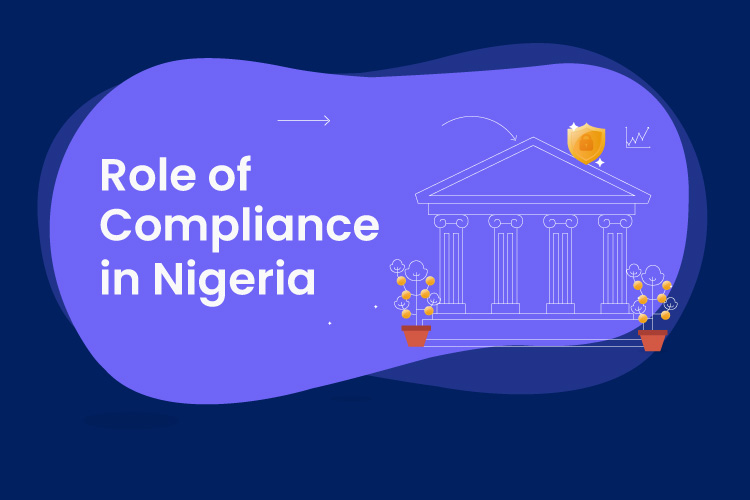
Compliance in Nigeria plays a crucial role in promoting good governance, economic stability, and social justice. It encompasses adherence to laws, regulations, standards, and ethical practices across various sectors, including finance, healthcare, corporate governance, and environmental management. Here are key aspects of compliance in Nigeria:
1. Regulatory Framework
Nigeria’s regulatory framework is designed to ensure that businesses and individuals operate within the bounds of the law. Key regulatory bodies include:
- Central Bank of Nigeria (CBN): Oversees banking and financial institutions to ensure financial stability and compliance with monetary policies.
- Nigerian Financial Intelligence Unit (NFIU): Works to combat money laundering and terrorist financing.
- Nigerian Stock Exchange (NSE): Regulates the stock market and ensures transparency and compliance with securities laws.
- Corporate Affairs Commission (CAC): Manages company registrations and ensures compliance with corporate governance standards.
- National Agency for Food and Drug Administration and Control (NAFDAC): Regulates food and drug safety standards.
2. Corporate Governance
Effective corporate governance is vital for fostering trust and integrity in the business environment. Compliance with governance codes and practices ensures accountability, transparency, and ethical conduct among corporations. Key initiatives include:
- Code of Corporate Governance for Public Companies: Issued by the Securities and Exchange Commission (SEC), it provides guidelines for board composition, risk management, and stakeholder engagement.
- Financial Reporting Council of Nigeria (FRCN): Mandates compliance with accounting standards and promotes transparent financial reporting.
